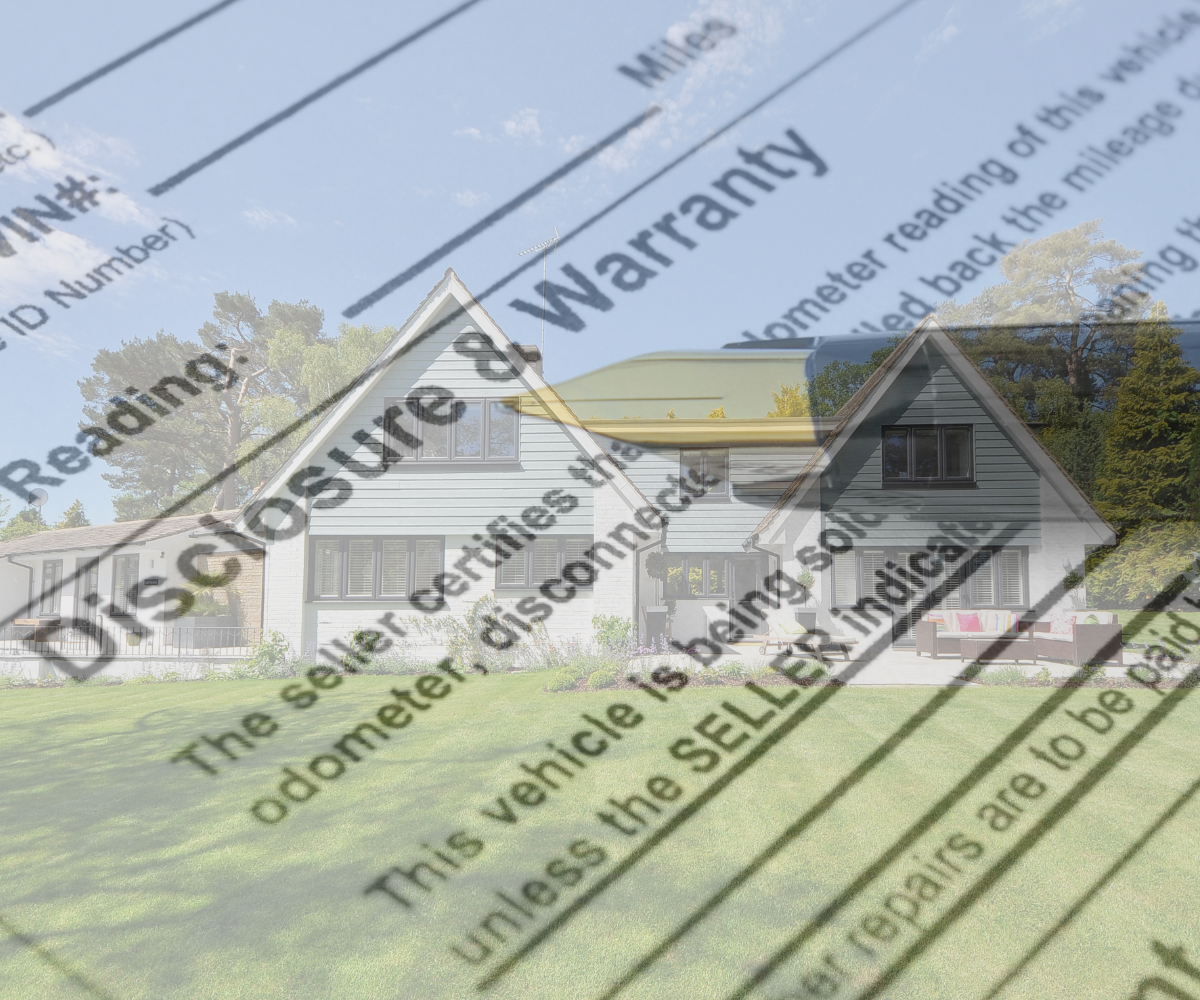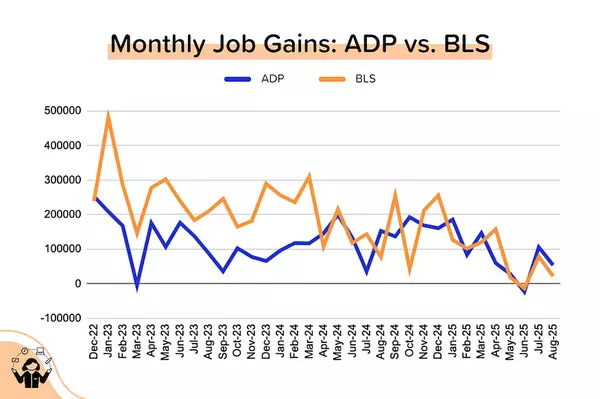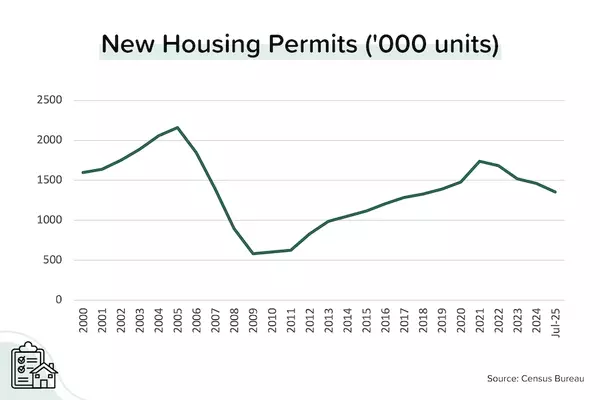Buyer Disclosures 101: What Every Pennsylvania Homebuyer Needs to Know Before Closing


When buying a home in Pennsylvania, you're not just investing in bricks and mortar—you're investing in your future. That’s why understanding your rights and responsibilities as a buyer is so important. One key component? Property disclosures.
In Pennsylvania, sellers are legally obligated to provide you with critical information about the property’s condition, risks, and restrictions. These disclosures help protect your investment and ensure full transparency in the homebuying process.
Let’s walk through the key disclosure requirements in Pennsylvania—and what you should be watching for during escrow or settlement.
🧱 Lead-Based Paint Disclosure (Homes Built Before 1978)
Federal law applies nationwide—including Pennsylvania—requiring disclosures about lead-based paint hazards in homes built before 1978. According to the U.S. Department of Housing and Urban Development (HUD), lead poisoning still affects approximately 500,000 children in the U.S., most of which stems from residential exposure.
Seller Must:
-
Provide the HUD booklet: “Protect Your Family from Lead in Your Home”
-
Disclose any known lead-based paint hazards and provide all related inspection reports
-
Include a federally required disclosure form signed by all parties
-
Allow buyers 10 days to conduct a lead paint inspection (unless waived in writing)
🔍 For detail-oriented buyers: Request a certified lead inspection if buying an older home, especially in historic towns like Philadelphia or Pittsburgh.
📝 Pennsylvania Seller’s Property Disclosure Statement
Under Pennsylvania’s Real Estate Seller Disclosure Law (68 Pa. C.S. §7301 et seq.), sellers must complete a Property Disclosure Statement that identifies known material defects.
Key Items Included:
-
Roof and structural integrity
-
Plumbing, heating, electrical systems
-
Water and sewage systems
-
Basement water issues
-
Environmental concerns (e.g., asbestos, radon, mold)
💡 According to the PA Association of Realtors, failure to disclose known issues can result in legal liability—even after the sale. Always review this form thoroughly.
📄 Download a sample form here: https://www.dos.pa.gov
☢️ Radon Gas Disclosure
Pennsylvania ranks among the highest radon levels in the U.S., particularly in counties like Chester, Bucks, and Allegheny. The EPA recommends action if indoor radon levels exceed 4 picocuries per liter (pCi/L).
What You Need to Know:
-
Sellers are not required to test for radon—but must disclose known results.
-
Buyers can (and should) request a radon test during inspection contingencies.
-
Mitigation systems are available and highly effective if needed.
📌 For health-conscious families: Learn more about testing at https://www.dep.pa.gov
🚨 Megan’s Law Disclosure in Pennsylvania
Under Pennsylvania’s version of Megan’s Law, sex offender information is publicly accessible, though sellers and agents are not required to volunteer this information.
How to Research:
-
Visit the Pennsylvania State Police Megan’s Law website: https://www.pameganslaw.state.pa.us
-
Search by name, zip code, or municipality
🛡 For family-focused buyers: This resource is essential if schools, parks, or youth safety are top of mind.
🏘 Homeowners Associations (HOAs) & Planned Communities
If you’re buying into a condo or planned community, you’ll likely be governed by an HOA or similar body. Pennsylvania’s Uniform Planned Community Act (68 Pa. C.S. Ch. 53) governs these disclosures.
Required Documents Include:
-
Declaration of Covenants, Conditions & Restrictions (CC&Rs)
-
HOA bylaws and rules
-
Financial budget, reserves, and pending assessments
-
Insurance coverage
-
Statement of fees and enforcement actions
📌 For buyers who like clarity (C personality types): Review all governing documents to understand your rights, responsibilities, and potential limitations (e.g., rental restrictions, pet rules, exterior design controls).
More info: https://www.pacondolaw.com — A resourceful blog on condo and HOA law in PA.
⚠️ Additional Disclosures to Watch For
Pennsylvania doesn’t mandate NHD reports like California does, but you should still be aware of localized risks. Depending on the property’s location, ask your agent or inspector about:
-
Flood Zones (check FEMA maps: https://msc.fema.gov)
-
Mine Subsidence Areas (Western PA is especially at risk)
-
Historic Property Restrictions
-
Oil and Gas Rights (Marcellus Shale Region)
🔍 Pro Tip: If you're buying in a rural or developing area, ask whether mineral rights are conveyed with the property—many aren't!
Final Thoughts
Disclosures aren't just paperwork—they’re powerful tools that empower you to make confident, informed decisions. In Pennsylvania, these documents protect your investment and ensure transparency throughout your transaction.
As your agent, I’m here to guide you through each step of the disclosure process, helping you read between the lines and ask the right questions. Whether you’re analytical, heart-driven, results-focused, or a detail-lover, I make sure your needs are met and your future is protected.
🛠 Useful Resources for PA Buyers:
-
PA Dept. of State (Real Estate Commission): https://www.dos.pa.gov
-
Lead Paint Protection (EPA): https://www.epa.gov/lead
-
Radon Info in PA: https://www.dep.pa.gov
-
Sex Offender Registry: https://www.pameganslaw.state.pa.us
-
FEMA Flood Maps: https://msc.fema.gov
Categories
Recent Posts










